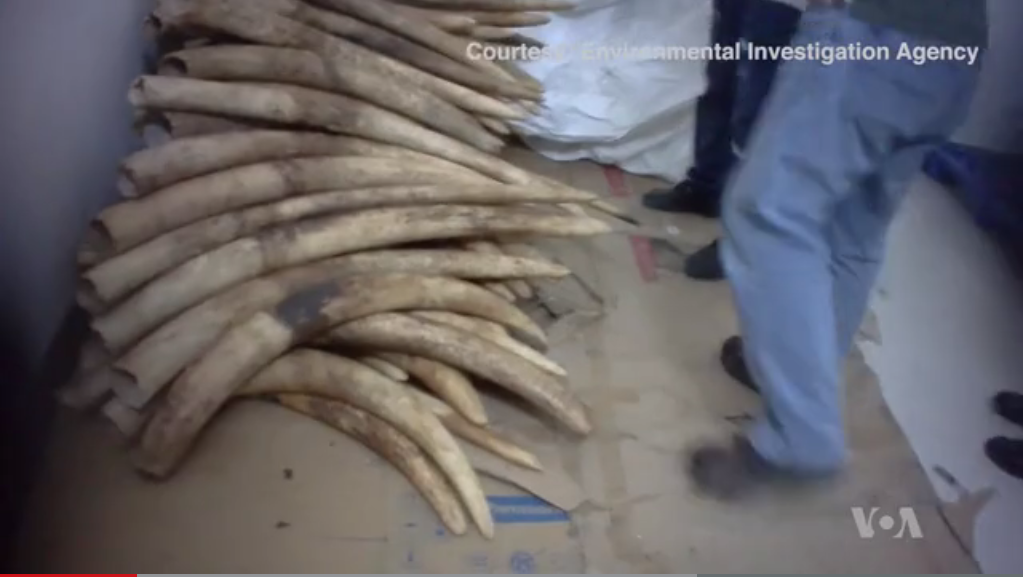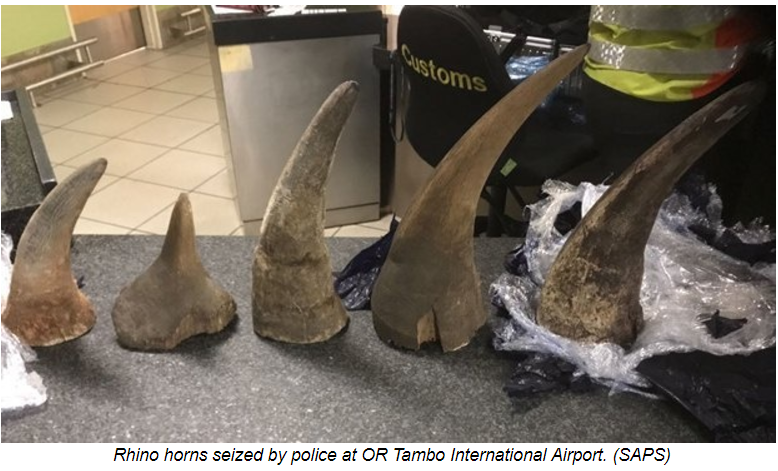Joining forces to tackle corruption: UNODC hosts inter-regional workshop on asset recovery

17
October 2017 - International cooperation is indispensable to eradicate
the corrosive effects of corruption.
The process of tracing, freezing, confiscating and returning the stolen assets to their country of origin is usually a complex and lengthy one, involving multiple jurisdictions and often complicated by technical, legal or political barriers.
Building on experience in this area, UNODC recently hosted an inter-regional workshop on international cooperation in asset recovery and confiscation. The two-day workshop in Islamabad, Pakistan focused on cooperation in legal matters as well as criminal justice and legal reform in the West and Central Asia region.
Currently, no such platform exists in the region, thus making asset tracking and recovery even more challenging. In light of these factors, UNODC - through its Regional Programme for Afghanistan and Neighbouring Countries and its Country Programme of Pakistan- is supporting the countries concerned to lay the basis for the establishment of the Asset Recovery Inter-agency Network (ARIN).
Speaking at the event, Jeremy Milsom, UNODC Senior Programme Coordinator of the Regional Programme, said that the West and Central Asia region is not covered by any asset recovery network and the Office considers this as a priority area for support. "UNODC, through its Regional Programme, has been engaging in asset recovery efforts in the region since 2012, and will do its utmost to secure the necessary funds to support it," he stressed.
Similarly, participants emphasized the need to establish a network to help the region determine the status of asset management legal framework and to assist countries in tackling corruption and money laundering.
The United Nations Convention against Corruption (UNCAC) offers a strong framework for States to engage in international cooperation at both the informal and formal levels to address corruption. Over the past fifteen years, a number of regional networks have been established to enhance asset recovery by providing a platform for dialogue between parties. The achievements of these networks include major increases in arrests, prosecutions and asset seizures.
The event, funded by the Government of Sweden, drew a number of officials from Afghanistan, Iran, Kazakhstan, Kyrgyzstan, Tajikistan and Pakistan, as well as experts representing UNODC Global Programme against Money Laundering and the Asset Recovery Networks of Europe ( CARIN) and South Africa ( ARINSA).





